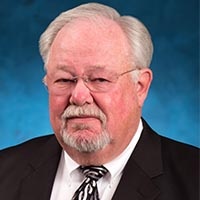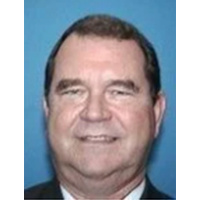Paluxy Estate Planning Lawyer, Texas
Includes: Gift Taxation
John L. Barnes
✓ VERIFIEDEstate, Estate Planning, Wills & Probate, Trusts
Over 30 years of experience in providing individualized legal services. Fishing is one of my favorite activities. Fly fishing is my preferred metho... (more)
Daniel R. Bacalis
Divorce & Family Law, Alimony & Spousal Support, Child Custody, Child Support, Estate Planning
Hurst Divorce Attorney
Daniel Bacalis is a certified family law specialist that currently has offices in Galveston and Hurst. Being a family law specialist means having at l... (more)
Soraya Elsa Joslin
DUI-DWI, Estate Planning, Family Law, , Criminal
Weatherford Criminal Defense Lawyer
After years of being entrenched in the criminal justice system, we understand that even the most innocent acts can lead to arrests. We are fully aware... (more)
Kelly M. Dodson
Business Organization, Estate Planning, Wills & Probate, Real Estate
Status: In Good Standing





